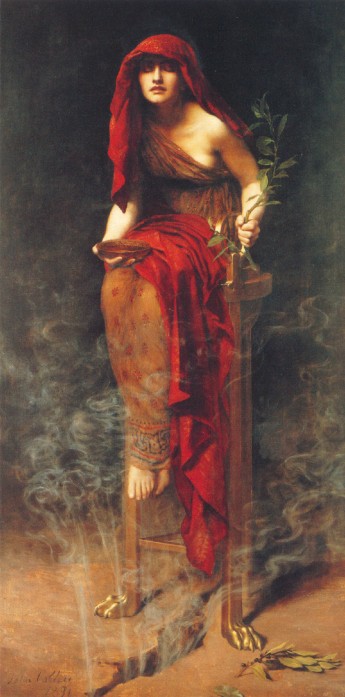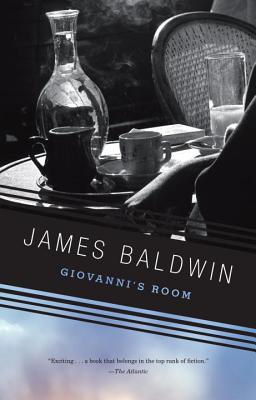APS TOGETHER
Day 3
Part 1, finish Ch. 1 & all of Ch. 2, p. 27-43 (from "This bar was practically in my quartier" to "the light of that gloomy tunnel trapped around his head.")
September 19, 2020 by Carl Phillips
Our first encounter with Giovanni himself. Notice the two figurations that Baldwin uses to describe him: first it’s as if Giovanni “were a promontory and we were the sea;” two paragraphs later, he is described as a boy for sale, standing with “arrogance on an auction block.” Nothing is random in Baldwin’s work, in this novel especially. Baldwin knows full well that the auction block conjures the idea of slavery. And the earlier image suggests that Giovanni is an object to be used, a place from which to launch oneself into a sea that has itself been described one of sexual murkiness (iniquity?). With these two images, we see Giovanni as pure tool with which to get a job done. More exactly, we see that this is how David – being the speaker – sees Giovanni.
Giovanni is the Italian equivalent of John, and is often shortened to Gio, which is pronounced Joe. Joey, of course, was the boy with whom David had a sexual encounter and who seems sometimes to have been the catalyst for all of David’s behavior since then. Again, nothing random when it comes to Baldwin…
The discussion between David and Giovanni about the difference between New York and Paris quickly becomes one about the difference between Europe and America. As in Henry James, Europe is often both the catalyst for and ‘excuse’ for reckless behavior, as if somehow what happens in Europe really can stay in Europe and can be written off as a forgettable exception to otherwise ‘good’ behavior....This happens at the level of class, too, in this novel. Remember that Joey lived in a poorer part of Brooklyn than David; and Giovanni is depicted as working class, compared to David. It’s as if moral slippage (as David sees it) doesn’t count, if it occurs with people who are already associated with sweat, dirt, poverty, things that are themselves associated with ‘loose’ morality – at least by people like David.
*

It’s hard for me not to see the nameless figure who emerges from the shadows of the bar and eventually predicts David’s future with Giovanni as a version of the ancient Greco-Roman Sibyl, the priestess who would deliver the oracles of Apollo to people seeking to know the future. Here, given the description of him, the young man is like the Sibyl in drag, variously comical, pitiful, and also capable of fury. Notice how Baldwin aligns this figure with Greek tragedy (and later in this chapter, the tragedy of Macbeth), with his “mouth turned down like the mask of tragedy.” One of the requirements of the tragic hero is that the hero must fall, by a combination of his own hubris and the tragic flaw in his character that prevents him from understanding the consequences of his actions until it’s too late; but that isn’t enough. After the fall, the hero must come to understand his flaw, and in doing so attain clarity, vision. As Karl Jaspers put it in “Basic Characteristics of the Tragic,” “There is no tragedy without transcendence” and “Transition is the zone of tragedy.” If Giovanni’s Room is a tragedy, who will turn out to be the tragic hero?
